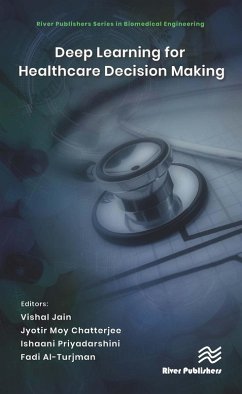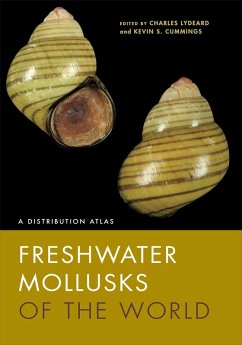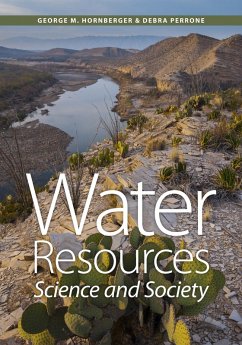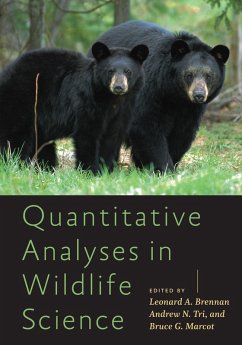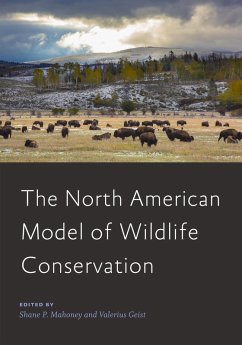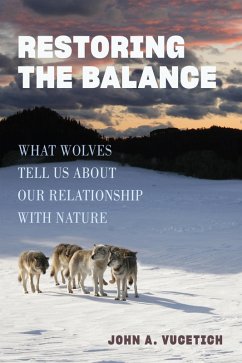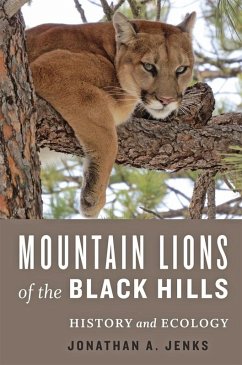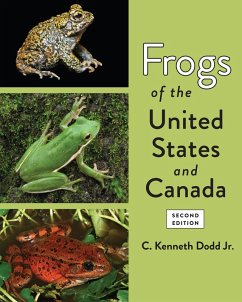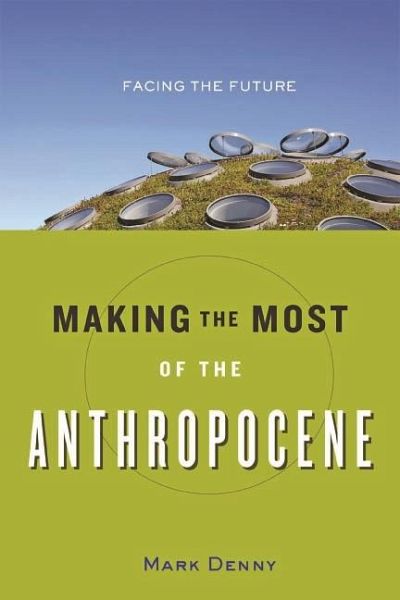
Making the Most of the Anthropocene (eBook, ePUB)
Facing the Future

PAYBACK Punkte
7 °P sammeln!
Humans have changed the Earth so profoundly that we've ushered in the first new geologic period since the ice ages. So, what are we going to do about it?Ever since Nobel Prize-winning atmospheric chemist Paul Crutzen coined the term "e;Anthropocene"e; to describe our current era-one in which human impact on the environment has pushed Earth into an entirely new geological epoch-arguments for and against the new designation have been raging. Finally, an official working group of scientists was created to determine once and for all whether we humans have tossed one too many plastic bottle...
Humans have changed the Earth so profoundly that we've ushered in the first new geologic period since the ice ages. So, what are we going to do about it?Ever since Nobel Prize-winning atmospheric chemist Paul Crutzen coined the term "e;Anthropocene"e; to describe our current era-one in which human impact on the environment has pushed Earth into an entirely new geological epoch-arguments for and against the new designation have been raging. Finally, an official working group of scientists was created to determine once and for all whether we humans have tossed one too many plastic bottles out the car window and wrought a change so profound as to be on par with the end of the last ice age. In summer 2016, the answer came back: Yes. In Making the Most of the Anthropocene, scientist Mark Denny tackles this hard truth head-on and considers burning questions: How did we reach our present technological and ecological state? How are we going to cope with our uncertain future? Will we come out of this, or are we doomed as a species? Is there anything we can do about what happens next? This book* explains what the Anthropocene is and why it is important* offers suggestions for minimizing harm instead of fretting about an impending environmental apocalypse * combines easy-to-grasp scientific, technological, economic, and anthropological analyses In Making the Most of the Anthopocene, there are no equations, no graphs, and no impenetrable jargon. Instead, you'll find a fascinating cast of characters, including journalists from outer space, peppered moths, and unjustly maligned Polynesians. In his bright, lively voice, Denny envisions a future that balances reaction and reason, one in which humanity emerges bloody but unbowed-and in which those of us who are prepared can make the most of the Anthropocene.
Dieser Download kann aus rechtlichen Gründen nur mit Rechnungsadresse in A, B, BG, CY, CZ, D, DK, EW, E, FIN, F, GR, HR, H, IRL, I, LT, L, LR, M, NL, PL, P, R, S, SLO, SK ausgeliefert werden.






